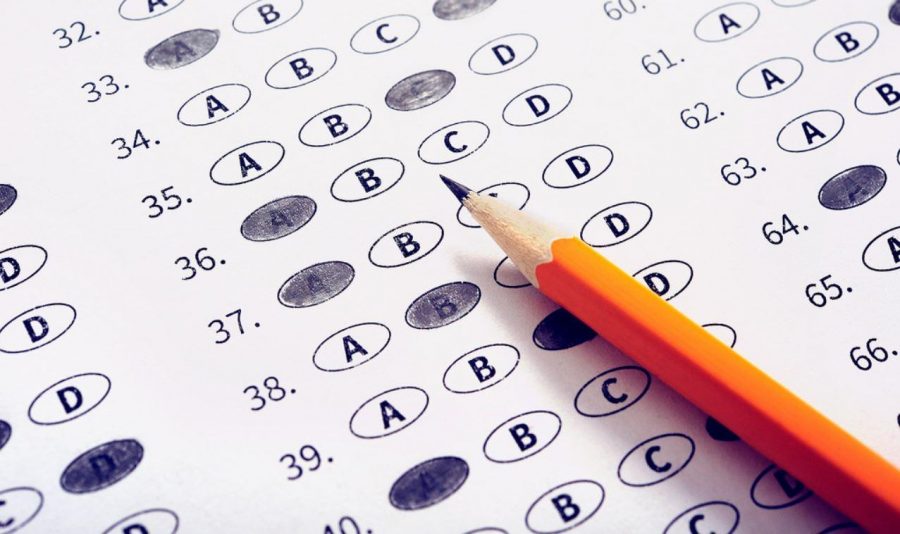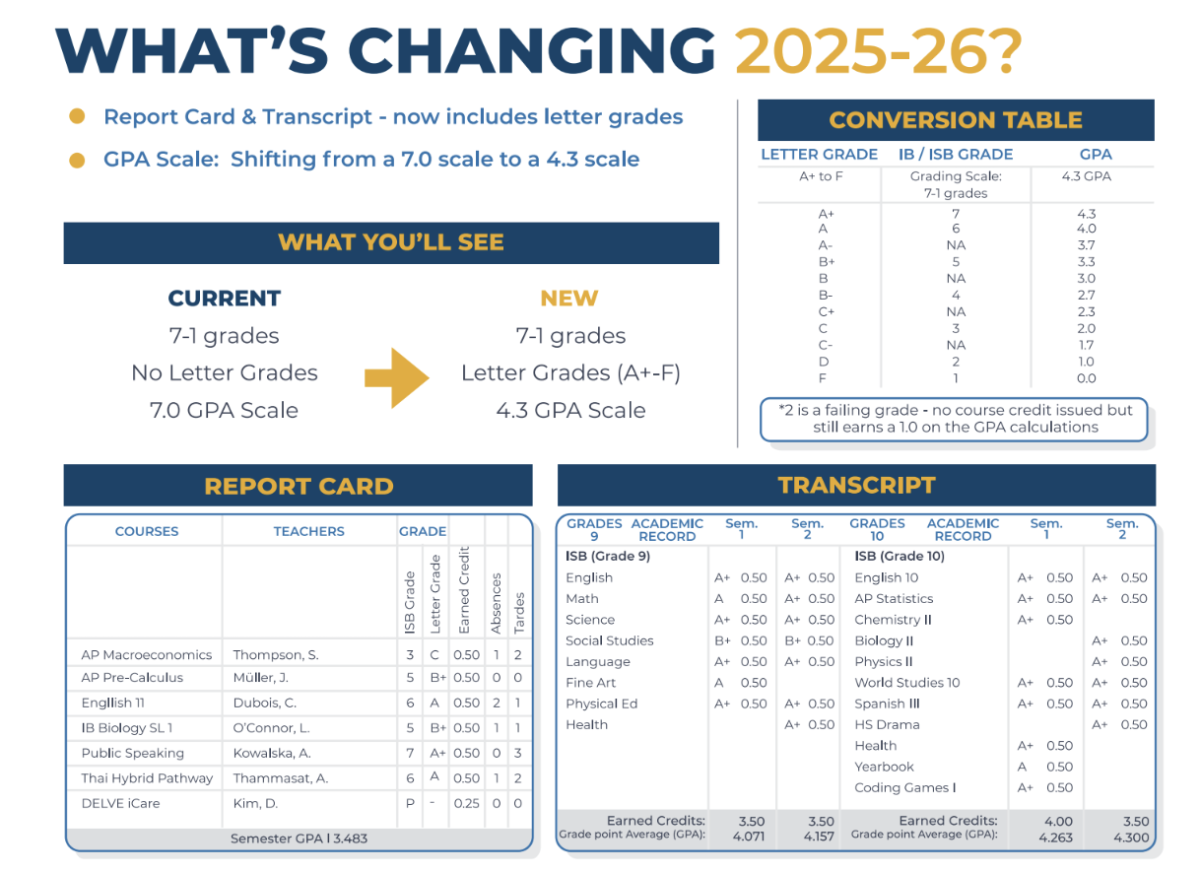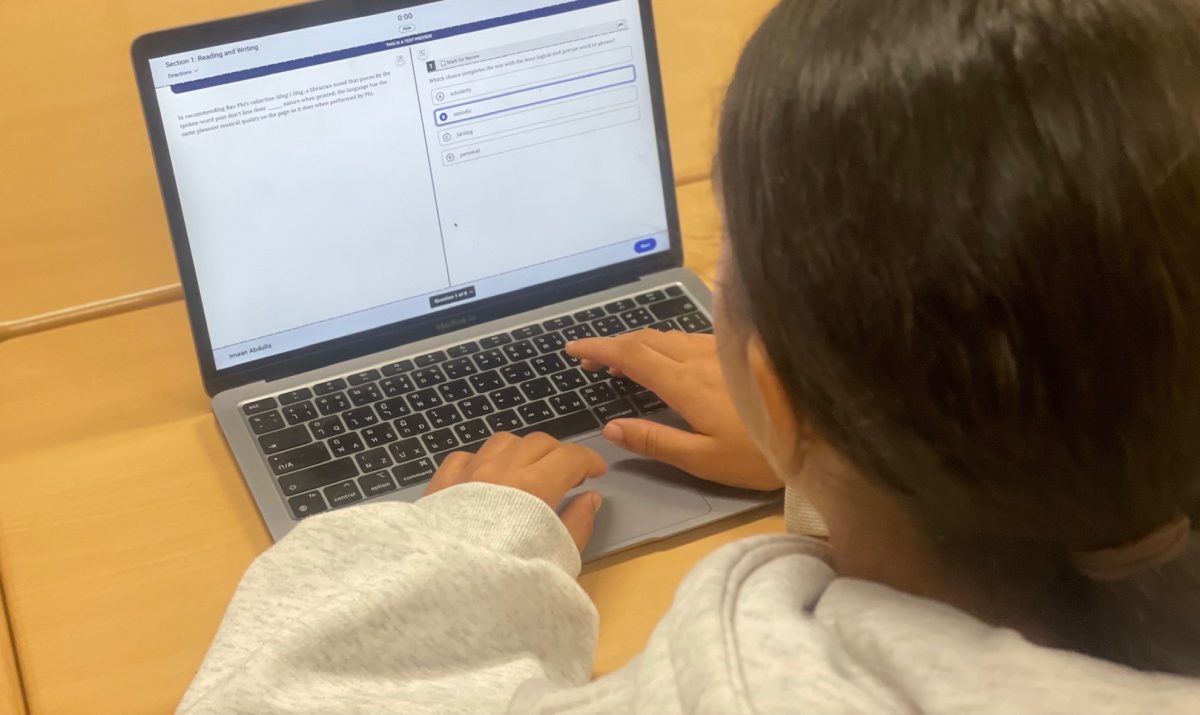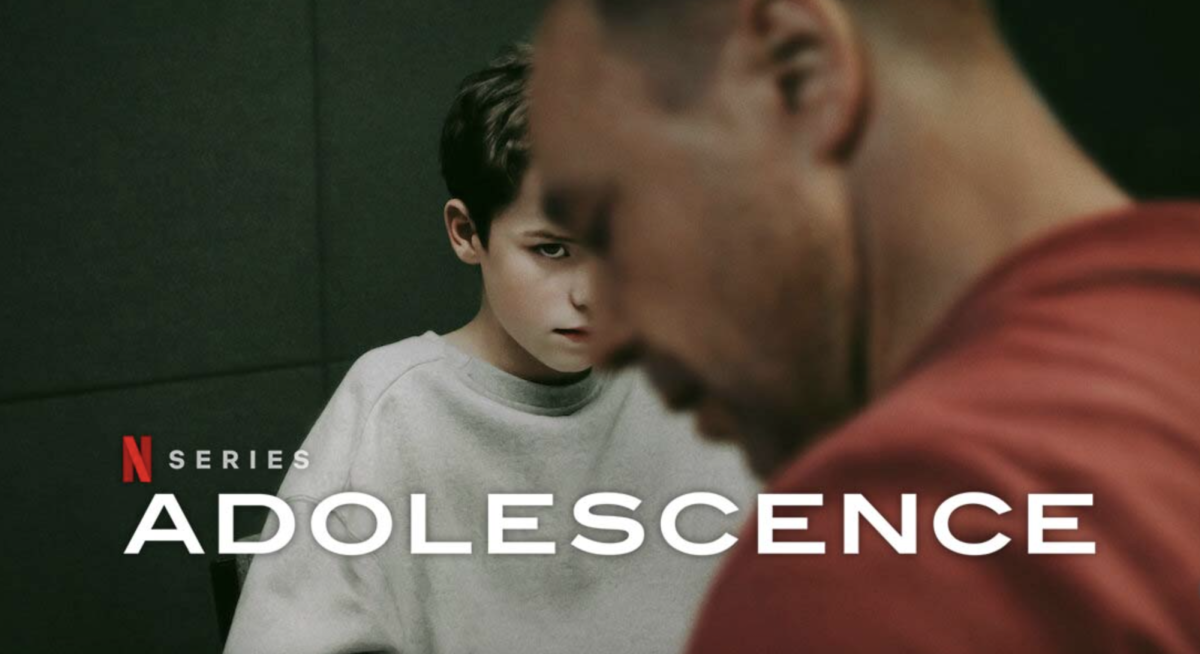The Test
Pretend you are given a test. You have one hour to take it, and you are told that you will never get your results back, and that there are no positive or negative consequences to your performance. All that matters is that you take the test.
You agree to take it, and instantly find it to be very challenging. Eventually, the hour passes, and you hand it in, unsure of how you did.
When you get home, you decide to look on the internet to see if you can find any answers. You also talk to a friend about the test, but these inquiries only lead to more questions, and you end up doubting more and more of your answers. You revisit past questions in your head, and scold yourself for not having (presumably) answered them correctly.
You start to wonder if they were lying about the lack of consequences. Maybe you missed out on an opportunity as a result of your poor performance. The more you think about your performance, the less confident you become.
Days later, the people who gave the test come back and ask you how you think you did. You respond saying that you know you didn’t do well, and ask if they can confirm your suspicions. They refuse to do so and leave.
Conclusions
Now, there are two main conclusions that can be drawn from the admittedly unlikely scenario I have just described.
First: The more you think about your performance, the more you begin to doubt the quality of your performance.
Second: You naturally assume that there are right and wrong answers.
I would argue that both of these conclusions are both pretty applicable to other situations, most notably in regards to one’s mindset towards more ambiguous concepts regarding meaning and purpose.
Approaching life
In life, there is no ‘correct’ path towards meaning. The answers are very much open to interpretation. And, just like with the aforementioned test example, it is important not to get lost in what the answers might be. Instead, you should embrace whatever approach you deem to be most viable. You should embrace the answers you already gave on the test, and have the utmost confidence in their validity. You shouldn’t doubt yourself, and you shouldn’t overthink. Because the more you think about your performance, the less confident you become.
At the end of the day, even if there is an answer key, we will never get our results back. Instead, our success and our meaning will be determined by our own personal perspective.
It is as if you have just performed a piece on the piano, and you were the only person to hear it. Even if your performance may have been objectively bad, there is no one who can criticize it but you. Therefore, in order to maintain self-confidence, you should strive to think about it as infrequently as possible. This ensures that the quality of your performance is never questioned, and as long as you never receive a rude awakening, then isn’t that all that matters?
*Furthermore, with regards to life, what constitutes a ‘good performance’ is a lot more subjective and up for debate, making this approach even more viable.
Application
Next, I’d like to apply this hypothetical approach to a more concrete situation, so let’s look at religion. At least in our current life, it’s very unlikely that anyone will ever be able to prove or disprove any religion. Therefore, it doesn’t matter whether or not our religious philosophy is completely correct. As long as it provides us with a feeling of meaning and purpose, then it is valuable to us. To quote Kierkegaard, “prayer does not change God, but it changes him who prays”.
With regards to religion, I would argue that excessive contemplation is not worth the risk. Through contemplation, it is easy to convince yourself of life’s meaninglessness. It is easy to talk yourself out of religion. But once again, there is no guarantee that increased contemplation brings you any closer to the answer key that is enlightenment anyway. Instead, contemplation may yield confusion, uncertainty, more questions, and doubt. And very seldom do these things re-affirm meaning.
Another example I’d like to reference is from the SATs. Recently, I just took my first one, and upon finishing the test, I realized that I had gotten the wrong answer to a question. I ended up getting very hung up on it and kept thinking about that mistake long after the test was finished. However, had I not noticed kept thinking about my answers after the test was over, I would have been significantly more confident in my performance.
Now, my disappointment in getting the wrong answer is a little more justified with the SAT, because there is an answer key, and the results do matter. But, the same cannot be said about the test hypothetical previously mentioned above. Because in situations of ambiguity, what really matters is confidence and conviction.
Summary and counter-arguments
It may feel inherently wrong to embrace ignorance to this extent, and obviously, this approach cannot be applied to every situation. However, I think it is an interesting thing to keep in mind when it comes to the more abstract and subjective aspects of life.
To summarize my main points:
-In some situations (such as when you cannot change your answers, or when there is little objectivity as to what constitutes a ‘right answer’), contemplation is detrimental, for it only leads to more self-doubt
-Ultimately, ignorance should be embraced, for it gives us an opportunity to create our own success and well-being
-A correct answer does not exist if we cannot ever attain it
You could argue that living life the wrong way will lead to consequences, and that rude awakenings are possible and that there is an answer key out there (perhaps to be revealed in an afterlife). Furthermore, you could point to the fact that contemplation and self-doubt are potentially vital in one’s path towards spiritual bliss (though I would contest this).
That being said, I still maintain that in some situations, meaning results from minimal contemplation. I would still argue that in (this) life, regardless of how much you ponder any given question you cannot come to an objectively correct answer. So sometimes, beliefs should be based on what is best for you. All you can do is do the best you can, and embrace the consequent flexibility of ignorance.
Evidently, this article is only scratching the surface of an infinitely complex topic, and there are plenty of valid counter-arguments. I encourage any readers to contribute to the discussion in the comment section below.










